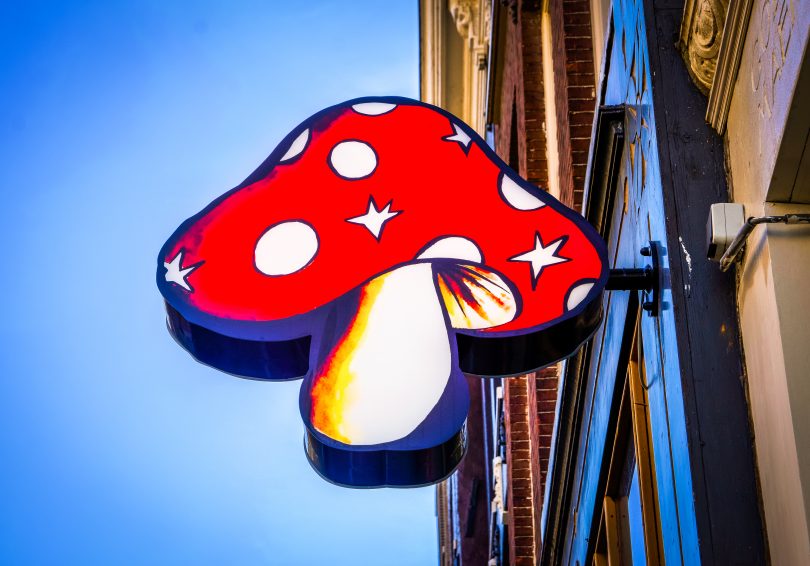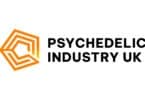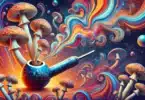The progression of today’s psychedelics industry is very reminiscent of the early days of cannabis decriminalization. Think back about 10 or so years ago, when cannabis was not yet fully legal anywhere but regulations and societal views were beginning to relax, and unlicensed dispensaries (called collectives at the time) were becoming increasingly prevalent.
In a similar fashion, certain pockets around the world are seeing a ‘shroom boom’ with new magic mushroom dispensaries popping up and operating in the open, seemingly without fear of legal repercussions. A few questions immediately come to mind – Like where can you find these stores? What kind of products do they carry? And how are they able to set up shop without getting quickly shut down? Let’s take a closer look.
We cover everything important in the emerging industry of psychedelics, which you can read about in The Psychedelics Weekly Newsletter. Keep up with everything going on, and be the first to get access to new deals for psychedelic products as they come in.
Cannabis, psychedelics, and civil disobedience
Let’s start by first covering what is likely everyone’s most prevalent question: are these stores legal? In short, no, they are not. They’re not legal in either of the countries they’ve been recently appearing in, which are the United States and Canada. But honestly, the legality, or rather the prohibition of these substances, is nothing more than an extremely unjust social construct that we’ve been forced to abide by for decades. It’s not because keeping these drugs away from us actually has any merit or benefits, so do the laws even matter at this point?
As it turns out, they never really did. And over the years, thanks to legacy operators and industry OGs who simply did not give a f**k about pointless regulations, we’re now right on the cusp of a 100% federally legal, adult-use cannabis market (only a handful remaining states that need to get with the program… I’m looking at you Indiana, Texas, Wisconsin, and a few others). At the core of our incredible industry, it was the decades of civil disobedience coupled with an abundance of inarguable medical research, that successfully propelled cannabis into the mainstream.
Now it seems that psychedelic substances, especially entheogenic plants like psilocybin mushrooms, are making a similar journey down the path of decriminalization and social acceptance. In 2019, Denver became the first major US city to decriminalize psilocybin, followed shortly after by: Oakland, Santa Cruz, Washington DC, Detroit, and several other small cities and municipalities across the country. Many countries have decriminalized or legalized psilocybin mushrooms as well, including Canada, Mexico, the Netherlands, the Bahamas, and many more.
In both the United States and Canada, they are not completely legal yet. Decriminalization laws allow for limited possession and consumption; but the manufacture, production, and distribution of products containing hallucinogenic compounds remains illegal. No city or state (or province) has yet established any type of laws to regulate a psychedelics industry, they’re just making possession arrests a lower priority at this point. Because of this newfound leniency, a handful of underground psychedelics brands are popping up in these areas, many of which are offering specialty products like psilocybin-infused chocolates and beverages, DMT vapes, and more.
Canadian Shroom Shops
As far as drug legislation goes, it seems that our neighbors to the north have always been a couple steps ahead of the curve. This was the case with cannabis legalization, and the same rings true now in regards to psychedelics. In Vancouver, a few stores have begun supplying the local populace with shrooms. Some are selling them in designated dispensaries, while others seem to be making do with whatever retail space they have available, like a longtime neighborhood barber who is now selling magic mushrooms right out of his shop.
What once had to be a clandestine operation for fear of harsh legal repercussions (and still is the case in many parts of the world, including most of the US), the magic mushroom dispensaries you find in Canada appear to be making zero attempts at hiding anything that’s going on. Large, colorful signs advertise the variety of mushroom-based products on offer, so everyone has a good idea of what is available at the premises before even setting foot through the doors.
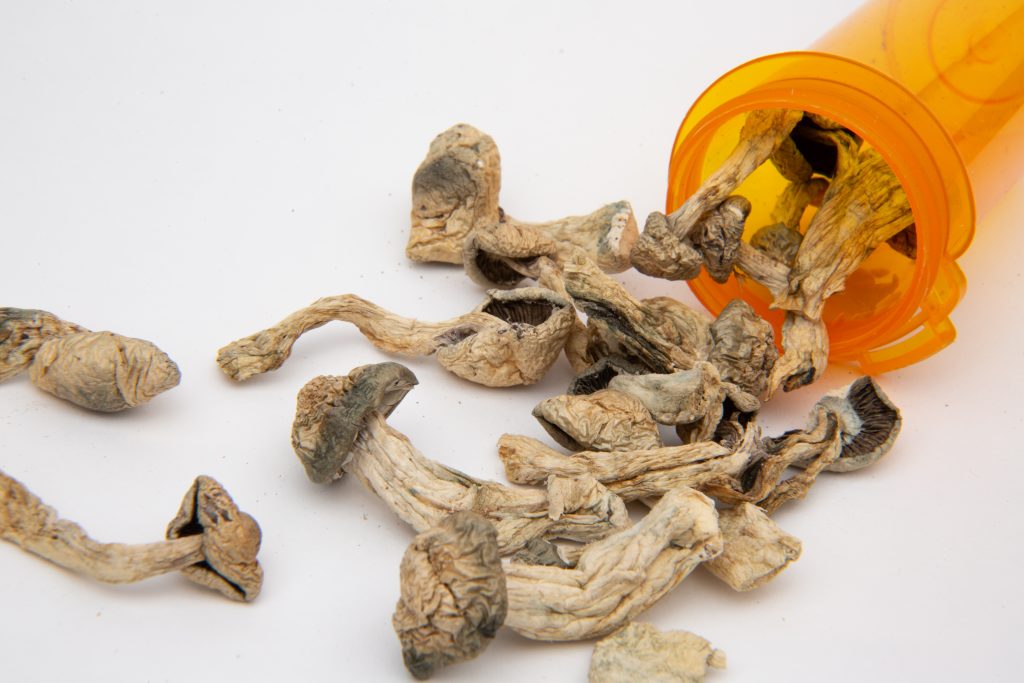
Dana Larsen – Canadian author, businessman, philanthropist and activist for cannabis and drug policy reform, and owner of The Coca Leaf Cafe & Mushroom Dispensary – is proud of his products and business model, and he’s excited for the future Canada’s psychedelics industry. Larsen’s dispensary is one of four in the city providing a small menu of different products in both micro and higher doses. For higher doses, the consumer is typically required to fill out a medical form.
“I was heavily involved in the cannabis movement in Vancouver and across Canada and I see psychedelics and mushrooms in particular as the next step in that process,” Larsen said. “We kind of operate in this grey area and I hope to change that grey area to lighter and lighter shades of grey, and hopefully in the next few years, we see a change in the laws around psilocybin mushrooms.”
It’s worth pointing out that psilocybin is still technically illegal in Canada. It has been decriminalized, so personal possession is overlooked, as is collection of wild mushrooms. But production/manufacture and distribution of products containing psilocybin are still not permitted. However, the Vancouver Police department has admitted that they are “focused on landing bigger fish”.
California’s Church of Entheogenic Plants
It is not uncommon for intoxicating plants to be used as religious sacraments, and this is often one of the first uses for which such compounds are legally approved. Peyote (the cactus that produces mescaline) is a prime example of this, as it is completely illegal in the U.S. with the exemption of its ceremonial use by certain Native American tribes. As of now, only registered members of the Native American Church are authorized to grow, possess, use, or transport peyote, although dozens of states are working to loosen these regulations over the coming years.
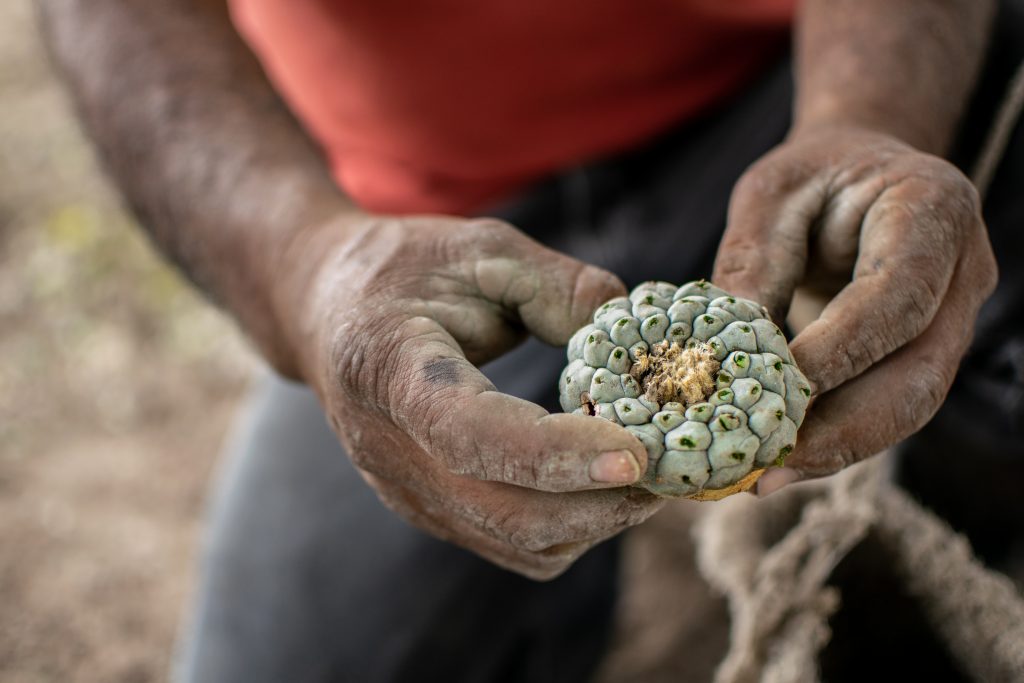
Zide Door capitalizes on this same principle. Situated discreetly in one Oakland’s industrial zones, this self-described Church of Entheogenic Plants reminds me a lot of the early days of Prop 215 dispensaries in California, or Bill Levin’s First Church of Cannabis in Indianapolis. Although Dave Hodges founded his mushroom church for very different reasons than Bill and his weed church, the vibe in both is quite similar.
Hodges has been working in the cannabis industry for decades, took a 3-year hiatus, then reappeared on the scene after Oakland decriminalized magic mushrooms for personal use in June 2019. Although Hodges’ church does not attempt to proselytize in any way, they do require that you provide a government-issued form of identification (18+ year old minimum age) and sign a waiver stating that you’re not affiliated with law enforcement and that you “accept entheogenic plants as part of your religion”.
Once inside you walk through a small altar area and go to the back room, where you’ll be greeted by an assortment of cubensis products such as dried ready-to-eat mushrooms, infused chocolate bars, and an assortment of teas. On any given day, you can find roughly a dozen (sometimes more) strains to choose from such as Albino Penis Envy, Golden Teachers, and Cambodian.
Michigan Mushroom Delivery
Although psilocybin cubensis are still illegal in Michigan, two of the largest cities in the state have already decriminalized their possession: Detroit and Ann Arbor. So far, I haven’t been able to find any storefront magic mushroom dispensaries around Michigan but I did find a few delivery services that will bring the shrooms straight to your door.
It makes sense to operate this way, and it’s not uncommon for businesses in this industry. In my hometown of Joshua Tree, CA, dispensary storefronts were prohibited so only delivery services were available. This is still how it is in many California cities because, even though it’s a legal state, a large number of cities and municipalities have banned cannabis businesses. And it matters less if delivery is legal in the area or not; without having a physical location, it’s more difficult for police to conduct a sizable raid.
“Nature is not against the law, many of these sacred mushrooms are found growing naturally in and around the Huron River watershed. People have an inalienable right to access natural medicine to heal themselves, their families and their communities! We are developing a safer way to do this,” says founder of Arbor Shrooms delivery service, Aurora, an Ann Arbor resident, single mother of two and a survivor of domestic abuse, who began farming mushrooms to treat her own PTSD and to help others with PTSD such as the Ann Arbor military veteran community.
“Arbor Shrooms is not a corporation,” she added, “it’s a community, where patients can connect with mycologists, the farmers and custodians of these sacred medicines. Patients can gain direct and safe access to now decriminalized medicine in the time of a global pandemic and an unprecedented mental health crisis facing our community.”
What the future holds
The fact that magic mushroom dispensaries exist in the first place is amazing in and of itself; but before we get ahead of ourselves it’s important to remember that legislation, even in the most lenient of places, usually states that psilocybin can only be possessed or consumed under very specific circumstances. Not only that, but many regulators are pushing for low-dose products, supervised mushroom trips, prescription-only psychedelics and many other caveats that make a recreational mushroom market quite difficult for the time being. I think we’re still years away from a legalized, adult-use psychedelics industry, but we’re definitely making major strides in the right direction.
Thanks for joining us! Welcome to CBDtesters.co, your preeminent internet location for the most important independent coverage of cannabis and psychedelics-related news going on in the world today. Stop by regularly to stay informed on the fast-moving universe of cannabis and psychedelics, and subscribe to The Psychedelics Weekly Newsletter, for your daily dose of industry news.
Disclaimer: Hi, I’m a researcher and writer. I’m not a doctor, lawyer, or businessperson. All information in my articles is sourced and referenced, and all opinions stated are mine. I am not giving anyone advice, and though I am more than happy to discuss topics, should someone have a further question or concern, they should seek guidance from a relevant professional.

